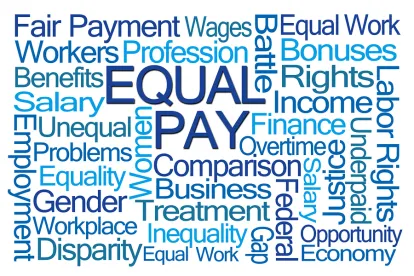On May 9, 2019, Washington State governor Jay Inslee signed House Bill 1696, “an act relating to wage and salary information.” The new law is similar to legislation being promulgated throughout the country, including by Washington’s neighbor to the south, Oregon. This law will become effective on July 28, 2019.
The new law adds sections to the state’s Equal Pay Act already on the books and as revised in 2018 by the Equal Pay Opportunity Act. The stated objective of the 2019 changes to Washington’s Equal Pay Act is to help equalize wages paid to women and men possessing the same levels of education and experience. The changes prohibit inquiries into salary history and compel more transparency regarding wage scales for open positions.
Beginning, July 28, 2019, the following prohibitions and requirements will take effect for employers with 15 or more employees:
-
Employers may not seek the wage or salary history of an applicant, either from the applicant or his or her former employer.
-
Employers may confirm an applicant’s wage or salary history only (1) if the applicant has voluntarily disclosed his or her wage or salary history, or (2) after the employer has negotiated and made a job offer, including the amount of compensation, to the applicant.
-
After an applicant is offered a position or promotion, he or she can request the minimum wage or salary for that position. If the applicant makes that request, the employer must disclose the minimum wage or salary for the position offered.
- When no wage scale or salary range exists, the employer “must provide the minimum wage or salary expectation set by the employer prior to posting the position, making a position transfer, or making the promotion.”
Employers that do not meet these requirements are subject to penalties under Revised Code of Washington sections 49.58.060 and 49.58.070. Penalties for violating the law are similar to those imposed for violations of the other equal pay provisions. The penalties may include civil actions, fines, actual damages, statutory damages, interest going back four years prior to the complaint, and reasonable attorneys’ fees and costs.
Key Takeaways
Employers can prepare for these changes by ensuring that:
-
applicants are not asked to disclose their salary or wage history either on an application or otherwise;
-
interviewers are trained not to ask about prior wages or salaries; and
-
any confirmations of prior wages or salaries only happens after an offer is made.





 />i
/>i
